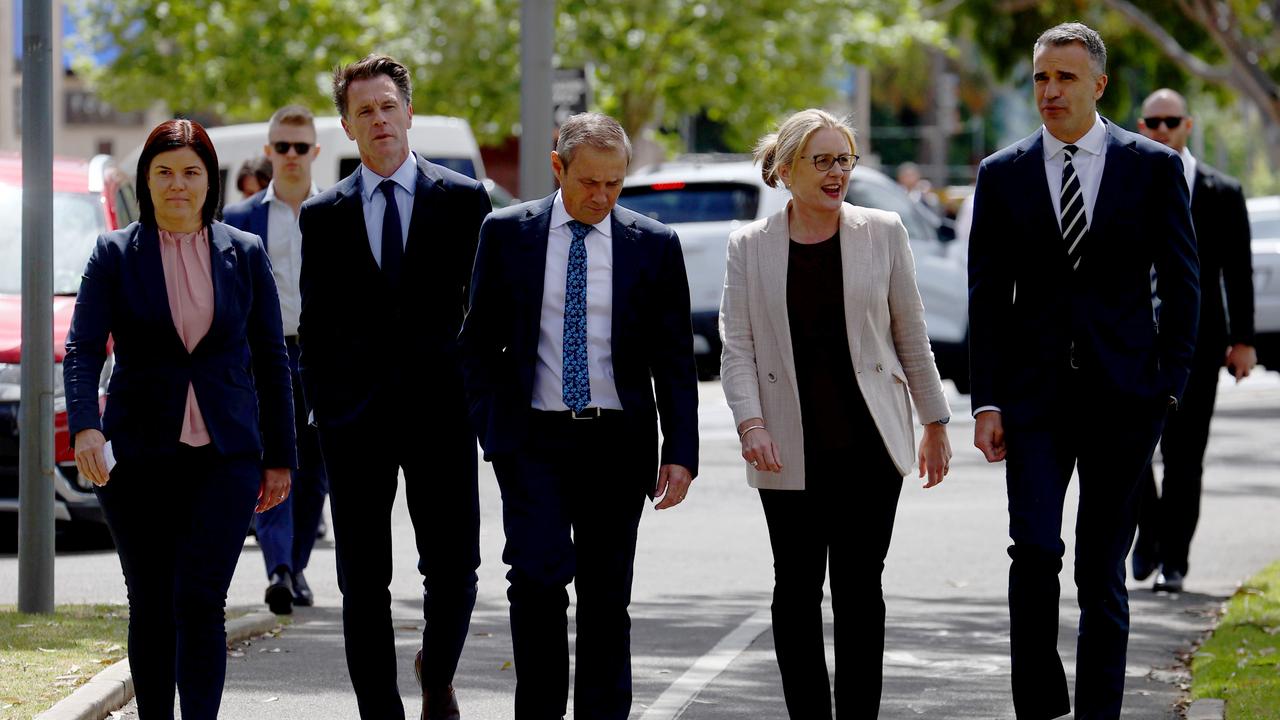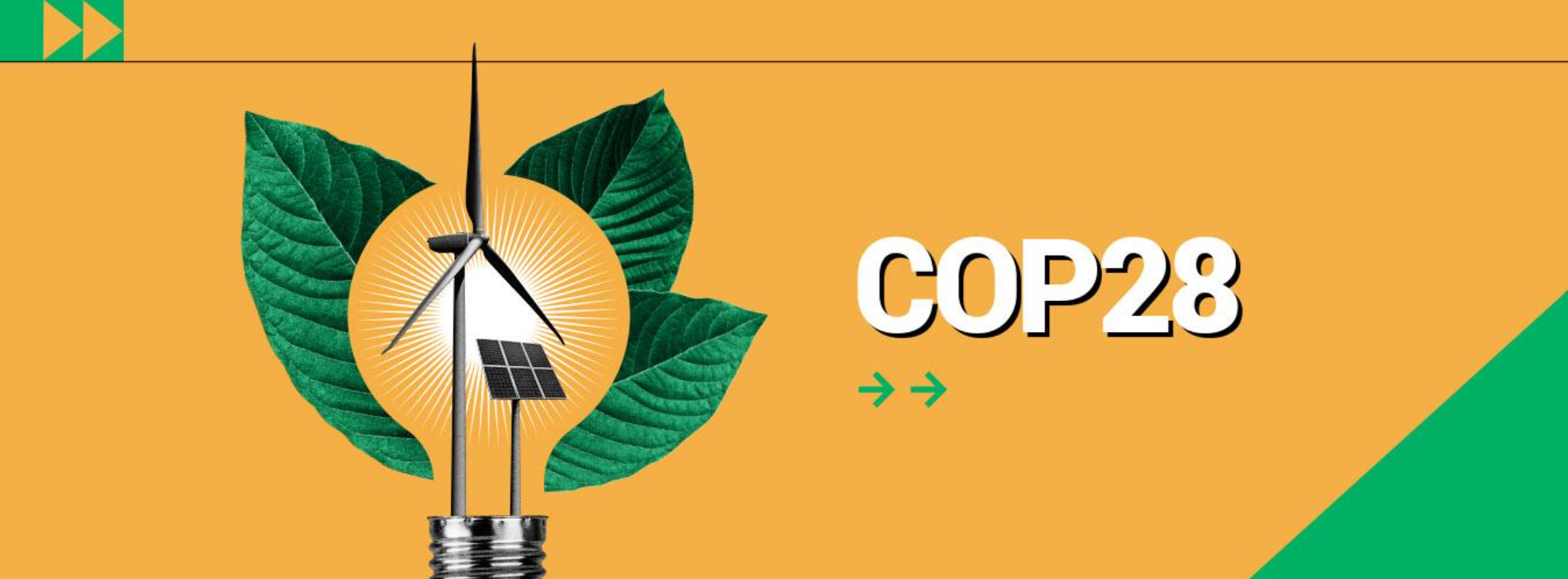In our insights article on Priorities of the Premiers published earlier this month, the Nexus APAC team reviewed policy items of importance for the Premiers and Chief Ministers of Queensland, the Northern Territory, and the Australian Capital Territory.
In this edition, we turn to the Premiers of New South Wales, Victoria, South Australia, Tasmania, and Western Australia, highlighting the policy items of importance for different parts of the nation, as well as the challenges they’re facing.
Premier of NSW, the Hon Chris Minns MP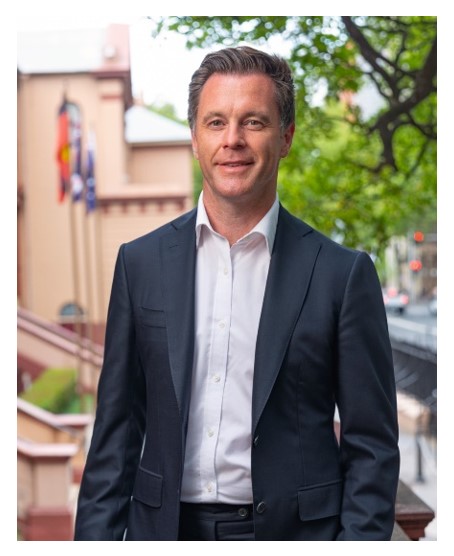
Party: Australian Labor Party (ALP).
Term started: 28 March 2023.
Next election: No earlier than 30 January 2027.
Top priorities: Housing, transport and infrastructure, energy.
After 12 years in opposition, Premier Minns led NSW Labor to a minority government victory in March this year.
Since then, he has delivered on numerous election promises – legislating a wage increase for frontline workers, establishing an independent panel into gaming reform, and as recently as this week, announcing that emergency services levies will be cut from home insurance premiums.
Unsurprisingly, the unrelenting housing crisis in NSW is top-of-mind for its constituents. From January 2020 to May 2023, housing prices increased by 27.6 per cent in Greater Sydney and 47.6 per cent in regional NSW. As such, a top priority for the Premier is to continue to legislate housing reform. A $2.2 billion housing package was described as the ‘centre’ of Premier Minns’ first budget, delivered on 19 September 2023 by Treasurer the Hon Daniel Mookhey MLC.
Furthermore, the Minns Government has allocated most of their budget spending to transport and infrastructure. This includes $7.9 billion over four years for six new Metro stations to service the future Western Sydney International Airport and $1 billion for Sydney Metro City & Southwest. Western Sydney played a significant part in NSW Labor’s election victory, a region for which improved transport and infrastructure is vital to growth.
Premier Minns has consistently maintained his desire to get the ball rolling on the transition to renewable energy. Last month, the Minns Government released its draft wind energy guideline to provide key planning considerations for onshore windfarms. However, the renewable energy sector has raised “serious concerns”, with developers warning that the plan will only make it more challenging to proceed with projects in NSW.
Premier of Victoria, the Hon Jacinta Allan MP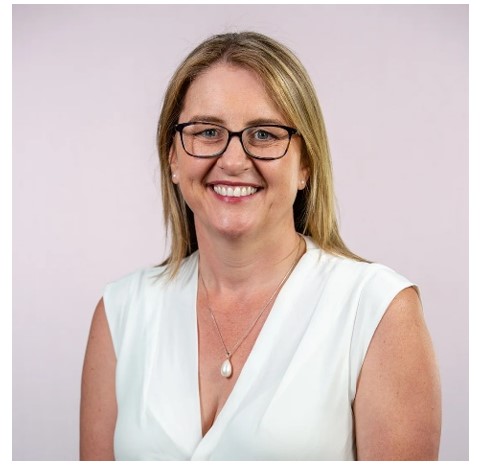
Party: Australian Labor Party (ALP).
Term started: 27 September 2023.
Next election: 28 November 2026.
Top priorities: Cost-of-living, infrastructure, energy and women’s health.
Ms Allan was elected unopposed as Leader of the Labor party, following the sudden resignation of the former Premier, the Hon Daniel Andrews. Of all the Premiers on this list, she is the newest – however, has extensive experience in politics. She became the youngest female elected to the Victorian parliament when she first won the seat of Bendigo East at age 25 in 1999. The first legislation introduced by Premier Allan targeted limiting the opening hours of poker machine venues.
In late October, Ms Allan launched the State Electricity Commission’s Strategic Plan 2023-2035, setting out three clear priorities: investing to accelerate the energy transition, supporting the switch to all-electric households, and building a renewable energy workforce. The revival of the SEC appears to be Premier Allan’s first fully independent legislative endeavour.
Ms Allan is a staunch advocate for women’s health, having been diagnosed with endometriosis at the onset of her political career. In the Victorian budget of November last year, delivered by Treasurer the Hon Tim Pallas MP, $58 million was committed to create 20 comprehensive women’s health clinics across Victoria, $5 million to create a Women’s Health Research institute, $3 million to establish an inquiry into women’s pain management to examine systemic issues, and $64.8 million to double the number of endometriosis surgeries in the public system.
Prior to the COVID-19 pandemic, Victorian Labor had promised large infrastructure reforms. However, as debt mounted and costs blew out, these promises were put on hold. Premier Allan rejected calls to shelve or scrap the $24.5 billion Suburban Rail Loop and said Victorians had voted for the project twice by electing Labor in 2018 and 2022. The long-awaited Airport Rail Link delivery date is still unclear as negotiations continue. Moreover, because of the Albanese government’s review of infrastructure spending released on 16 November 2023, 12 Victorian infrastructure projects will lose federal funding. Infrastructure will be a key obstacle for the Allan Government to overcome.
Premier of South Australia, the Hon Peter Malinauskas MP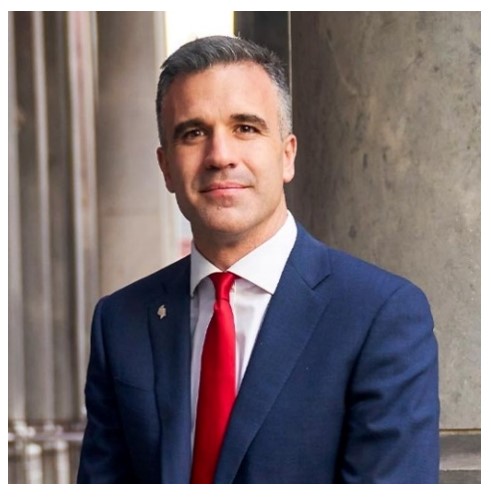
Party: Australian Labor Party (ALP)
Term started: 21 March 2022.
Next election: 21 March 2026.
Top priorities: Defence, State-based Voice to Parliament, Health.
The Malinauskas government’s emphasis on defence policy has contributed to South Australia being dubbed ‘the defence state’. Premier Malinauskas has consistently defended the $368 billion submarines deal and is prioritising seeking guarantees over the future of the $45 billion Hunter-class frigate program. Moreover, the Malinauskas government announced last month that it is partnering with the United States’ largest shipbuilder, Huntington Ingalls Industries (HII), to accelerate the development of South Australia’s defence industry workforce, skills and supply chain.
Additionally, Premier Malinauskas, a prominent Yes campaigner, legislated a state-based Voice to the SA Parliament in March this year. He maintained that elections would proceed as planned in mid-March 2024 for representatives to the state-based Voice, the first by any jurisdiction in Australia. He emphasised the SA Voice to Parliament had bipartisan support when it was legislated and is “very different in nature” to the national Voice proposal.
Premier Malinauskas boldly pledged to fix South Australia’s ambulance ramping crisis prior to the election, however, is yet to make palpable progress. In June 2023, the Premier announced that $2.1 million would be included in the State budget for hospital avoidance hubs in Adelaide. Earlier this year, the Malinauskas Government also launched an independent patient advocacy service to establish a ‘People’s Health Voice’, working with consumers to identify issues within the health system.
Premier of Tasmania, the Hon Jeremy Rockliff MP
Party: Liberal Party (LIB).
Term started: 8 April 2022.
Next election: On or before 28 June 2025.
Top priorities: Agriculture, Infrastructure.
The Liberal Party has governed in Tasmania since 2014 and is the only Liberal government in Australia. The Rockliff government is facing mounting pressure and criticism over a series of complex issues, including the Macquarie Point Stadium controversy. Since the 2021 election, the Liberal party has endured 3 defections and 6 resignations, resulting in an unstable balance of power: the Tasmanian Liberals hold 11 of 25 seats in the Lower House, forming a minority government.
Agriculture is a major pillar of the economic and social fabric of Tasmania. Worker shortages and freight costs are the key issues facing the Tasmanian agricultural sector. The Rockliff Government has set a target to grow the farmgate value of agriculture to $10 billion by 2050.
In the May 2023 State Budget, the Rockliff government announced $373 million in spending on housing and homeless services. This measure received backlash, with many arguing that more should be spent on the cost-of-living crisis than the stadium, which is set to cost $715 million.
At the next Tasmanian state election, the size of the House of Assembly will increase to 35 members. The Assembly’s size was increased under the provisions of Rockliff’s Expansion of House of Assembly Act 2022, assented to in December 2022. To reach a majority government in the next election (at 18 seats), the Tasmanian Liberals require an additional 7 seats. The expanded lower house will likely see more independents elected.
Premier of Western Australia, the Hon Roger Cook MLA
Party: Australian Labor Party (ALP).
Term started: 8 June 2023.
Next election: 8 March 2025.
Top priorities: Resources, job opportunities, revenue.
Known to many as the WA Government’s Minister for Health throughout the COVID-19 pandemic, Premier Cook was selected as Leader of Western Australian Labor after the Hon Mark McGowan’s retirement. Mr Cook inherited strong economic and fiscal positions, with a record 1.53 million Western Australians in work and a $3.3 billion operating surplus.
Premier Cook has recently flagged that carbon emissions in Western Australia will grow in the short term, as the State’s resources sector – including the gas industry – play a vital role in helping other parts of the world decarbonise. Earlier this week, the Cook government officially adopted the position that WA’s pathway to net zero by 2050 will not follow other Australian states.
Additionally, the WA Government’s $50.85 million Regional Economic Development Grants program continues to place emphasis on agribusiness and manufacturing. Rejuvenating the tourism industry after the pandemic also remains a focus for the Western Australian State Government.
WA Labor has an overwhelming 53 of 59 seats in the Legislative Assembly and 21 of 36 seats in the Upper House. As such, the Cook government can rocket bills through both houses. Controversially, Premier Cook decided to repeal Aboriginal cultural heritage laws just weeks after they came into operation, stating that the rules were ‘divisive, confusing and stressful’ for landowners, which the opposition argues could have been prevented by sending the bill through a committee for legislative scrutiny.
As 2024 approaches, each of these State Government leaders will be turning to the year ahead. Both federally and state-wise, governments face economic headwinds and a housing crisis that has provided political ammunition for rival parties across the spectrum.
Did You Know?
Premier of Queensland the Hon Steven Miles MP and his government were sworn in at Parliament House earlier this week. Do not hesitate to reach out to the team at Nexus APAC for a briefing on the new QLD Premier and his Ministry, which you can find here.
Latest posts by Nexus APAC (see all)
- Reliable Polling – What It Means for Australia’s Next Election - July 22, 2024
- United Kingdom General Election 2024: Sunak vs Starmer – In a Nutshell - June 22, 2024
- State of the State Budgets 2024 - June 11, 2024

